The sea is home to many things, many of which are unknown and unexpected. While most people might expect to find fish and coral in the depths of the deep sea, in some cases, entire islands are hidden under there.
This is the case for the lost island of Atlantis, which was previously believed to have been lost forever. It lies west of the Strait of Gibraltar and was created by Plato, with tales of the Gods plunging the island into the deep sea to punish its citizens. But what actually happened to it?
Found Near the Canary Islands
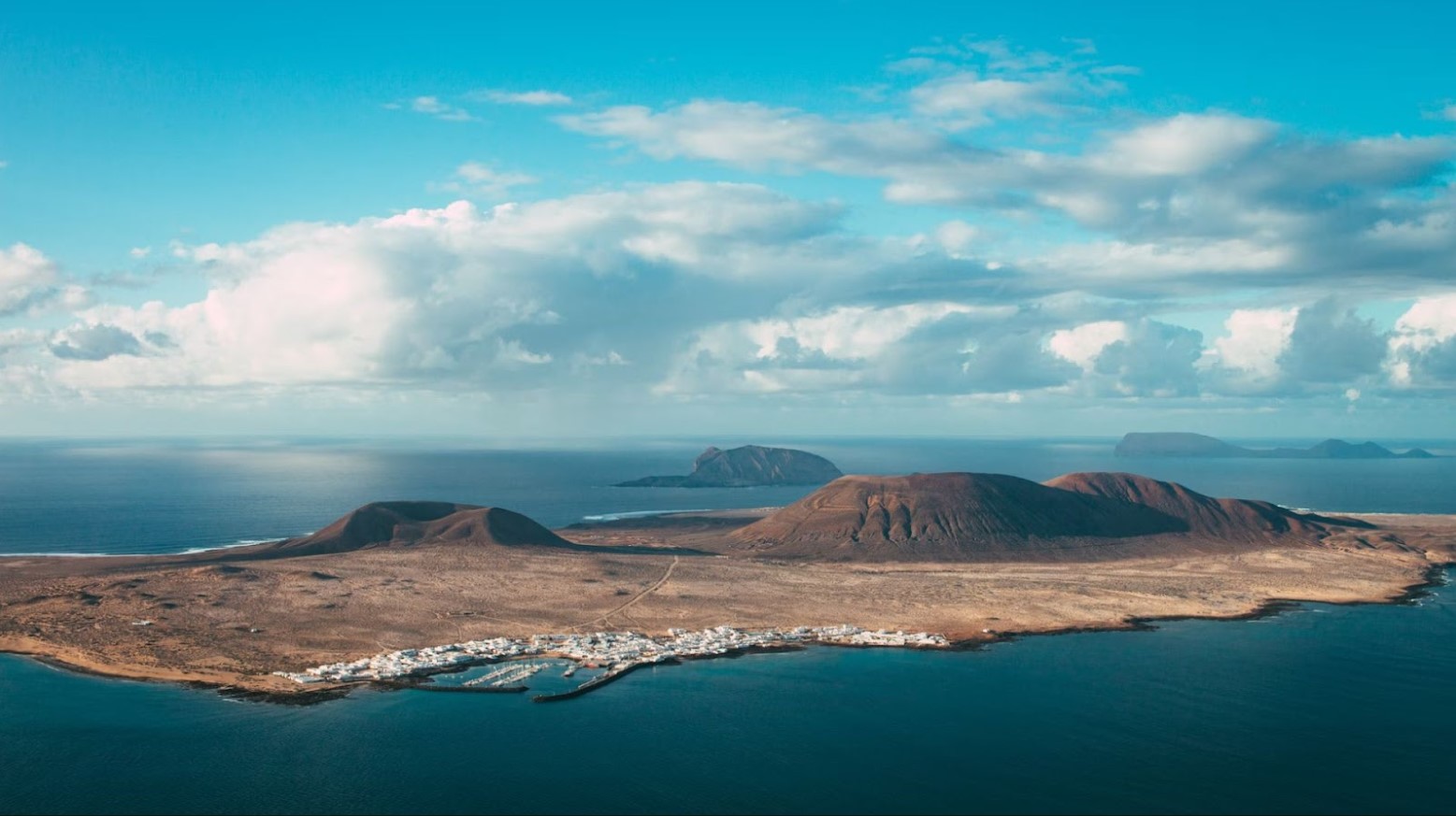
The lost island of Atlantis is believed to be near the Canary Islands, Spain. Findings include a submerged mountain that is believed to have sunk off the island’s coast millions of years ago.
It also has three inactive volcanos, each around 30 miles in diameter, with bases over a mile under the ocean’s surface. Although they have been underwater for thousands of years, some of the beaches are still fully intact.
How the Ice Age Impacted the Island

During the last Ice Age, sea levels were much lower than they are today. This meant that any inactive volcanos on the islands would have become islands themselves, which were believed to be inhabited by wildlife.
The volcanos used to be part of a system of islands on the east coast of Lanzarote during the Eocene era, roughly 56 million years ago, and are believed to be the origin of the legend of Atlantis.
The Legend of Atlantis

The legend of Atlantis involves Plato. It is believed that around 360 BCE, he invented an island to make a point about the dangers of aggressive imperialism, and it was an idealized version of Athens.
It is believed to have been “Plato’s notion of the ideal state,” according to Jyl Gentzler, a professor of philosophy at Amherst College. Plato believed the island should be “small and virtuous and reject ostentation.”
Atlantis Was Larger Than Libya and Asia Combined

At the time, Atlantis was considered larger than Libya and Asia combined. In the modern-day context, it would have been larger than northern Africa and over half of Turkey.
Before being potentially discovered, Atlantis has been mentioned throughout history. Ignatius Donnelly, a former U.S. Congressman, gave 13 hypotheses in 1882 on the idea of Atlantis existing, claiming it to be a source of many ancient civilizations.
The Atlantis Project
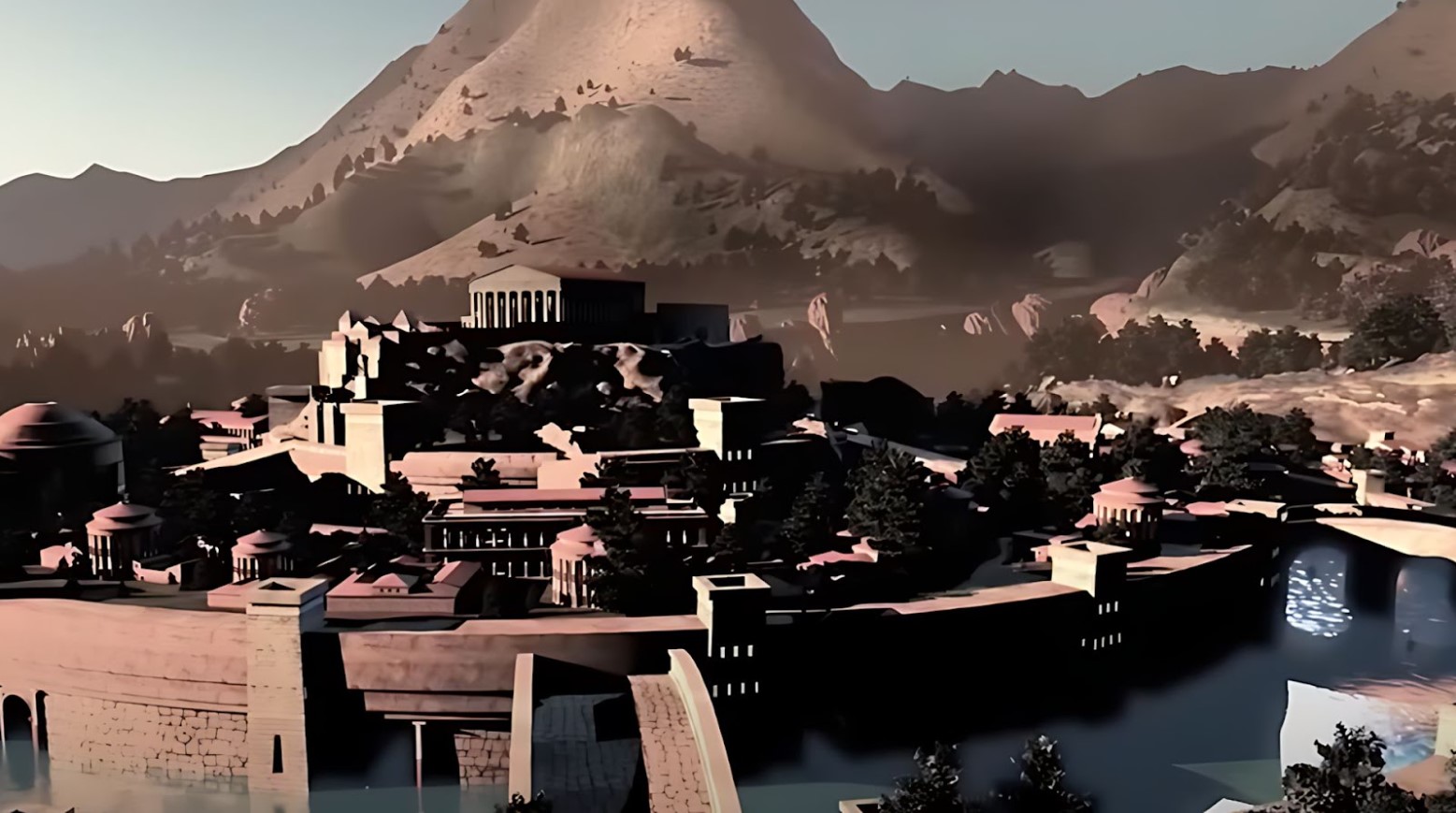
Spain’s Geological and Mining Institute (CSIC) carried out research as part of its Atlantis project, which aims to understand underwater volcanic and hydrothermal activity.
They used the Sarmiento de Gamboa, a CSIC oceanographic vessel, and an advanced remotely operated vehicle (ROV), where they searched around 1.5 miles below sea level.
The Finding of Los Atlantes
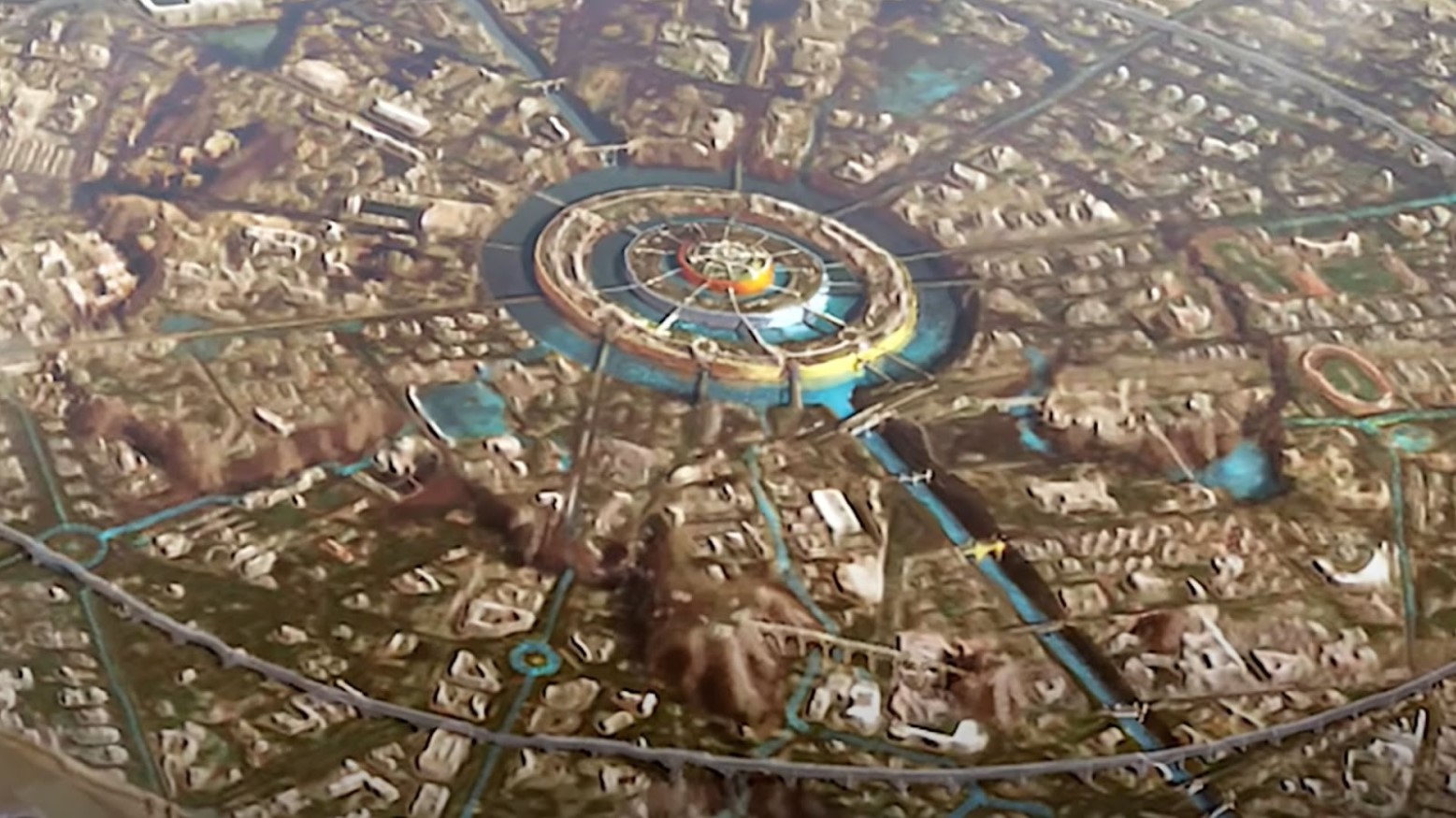
When the island was found in the sea, it was unknown whether it was the lost island of Atlantis. However, researchers believe that what they have found would have at least been the inspiration for the island.
Due to this, they have named their discovery “Los Atlantes.” It is unknown how Plato would have known about the island, but it seems to bring us one step closer to discovering whether it was fact or fiction.
Searching the Island With Modern Equipment
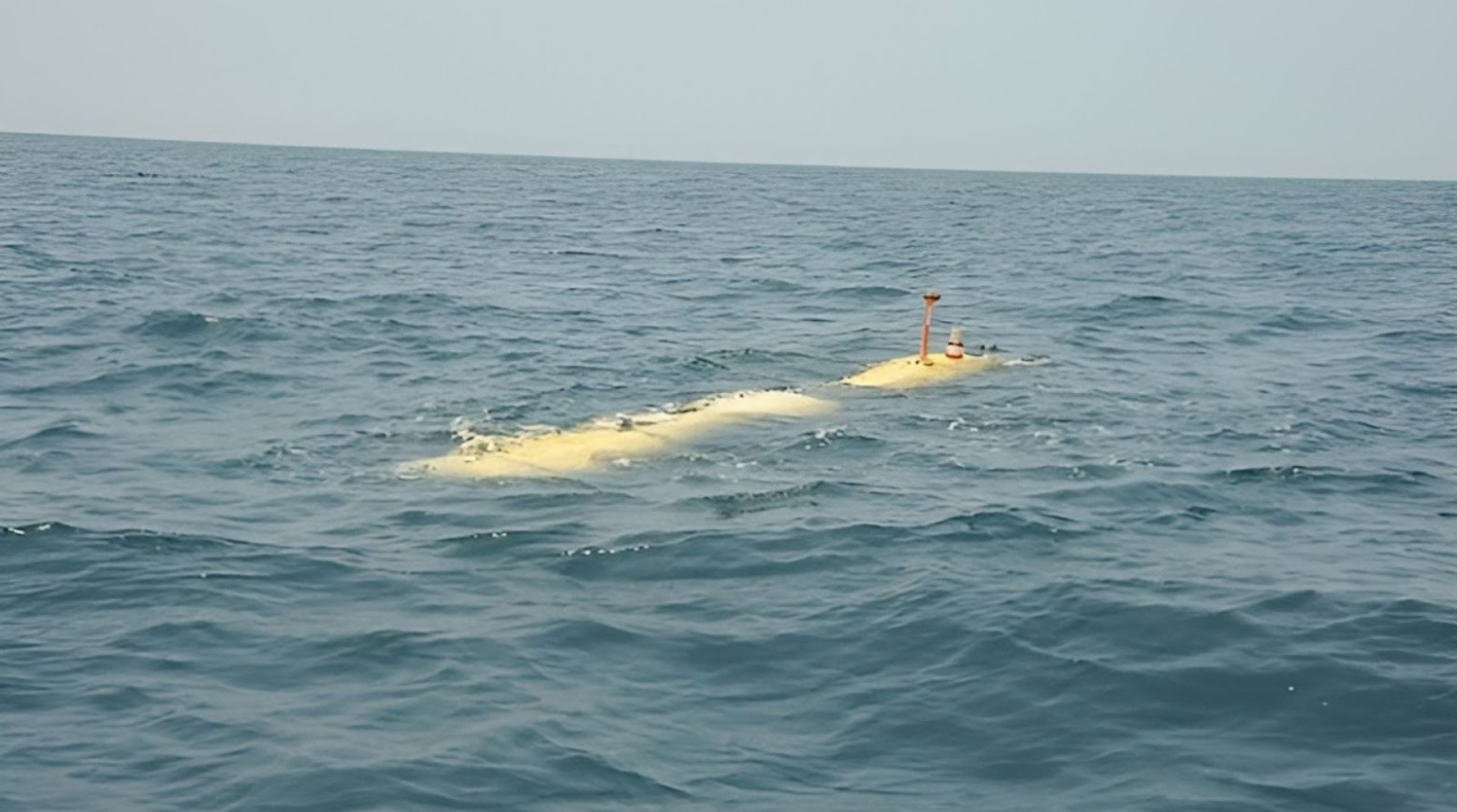
To search around the island, researchers used an unmanned submarine equipped with advanced imaging and sensors. It dived down over 1 mile deep to look around the supposed lost island of Atlantis.
It even used robotic arms and sensors to analyze C02 and methane gases, as well as any others that may be down there. This enabled the researchers to see what the environmental conditions are like at that depth.
How Did the Island Sink?
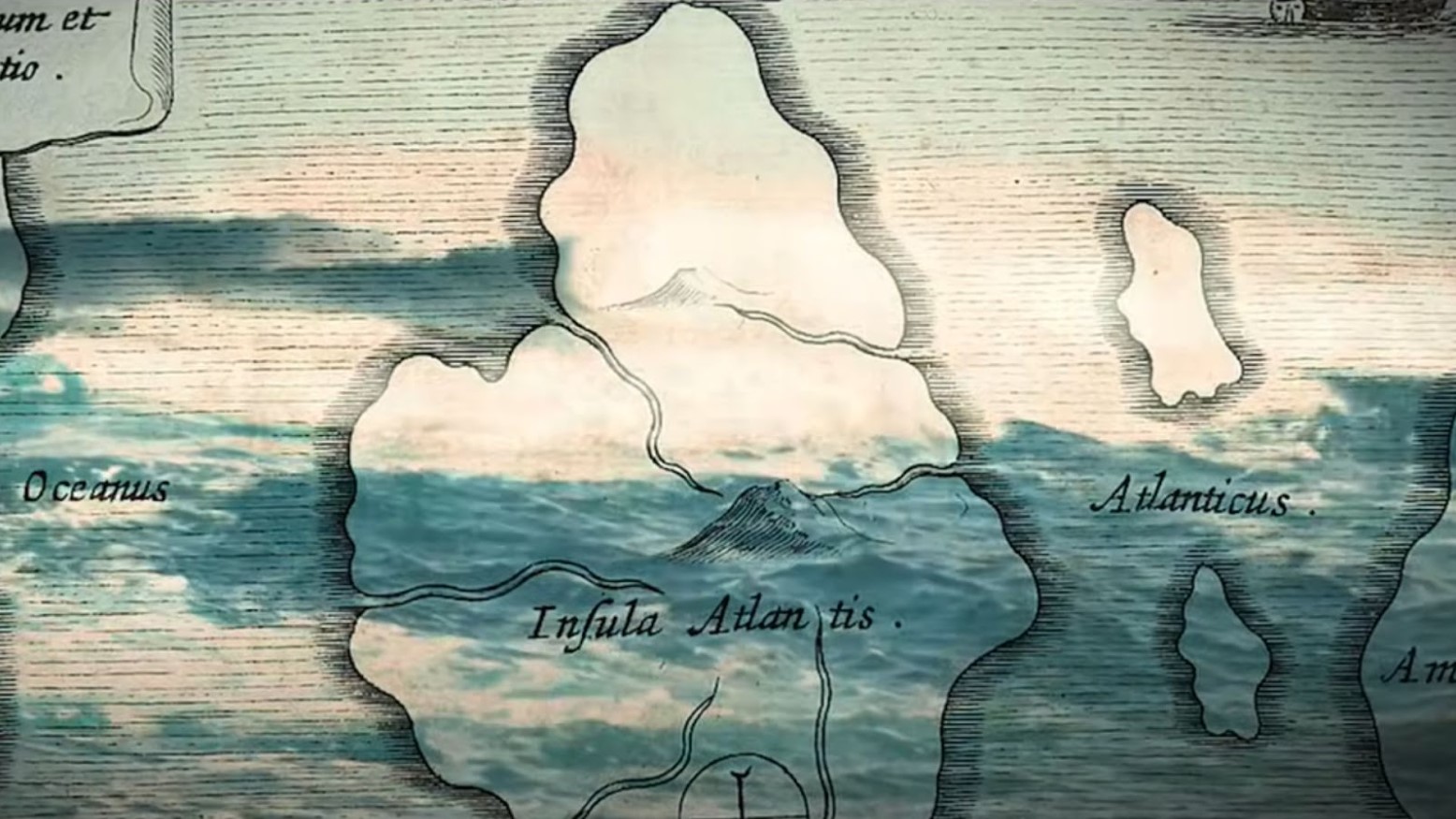
There are several things that could cause an island or piece of land to sink into the sea. In the modern day, this would most likely be due to climate change causing sea levels to rise.
However, the researchers believe that it was the volcanos that caused this island to sink. As they are dormant, it means they stopped erupting. This can cause the lava to solidify and become denser, making it too heavy to keep the land above water.
No Proof of Human Life

The researchers’ main issue is that there is no proof of human life on the island. This is because it is believed humans didn’t exist as a species until two million years after the island had sunk.
There is also no proof of any human interaction with the island from the ancient period. While the researchers strongly believe this is the lost island of Atlantis, they don’t have solid evidence.
The Team Will Return in 2025
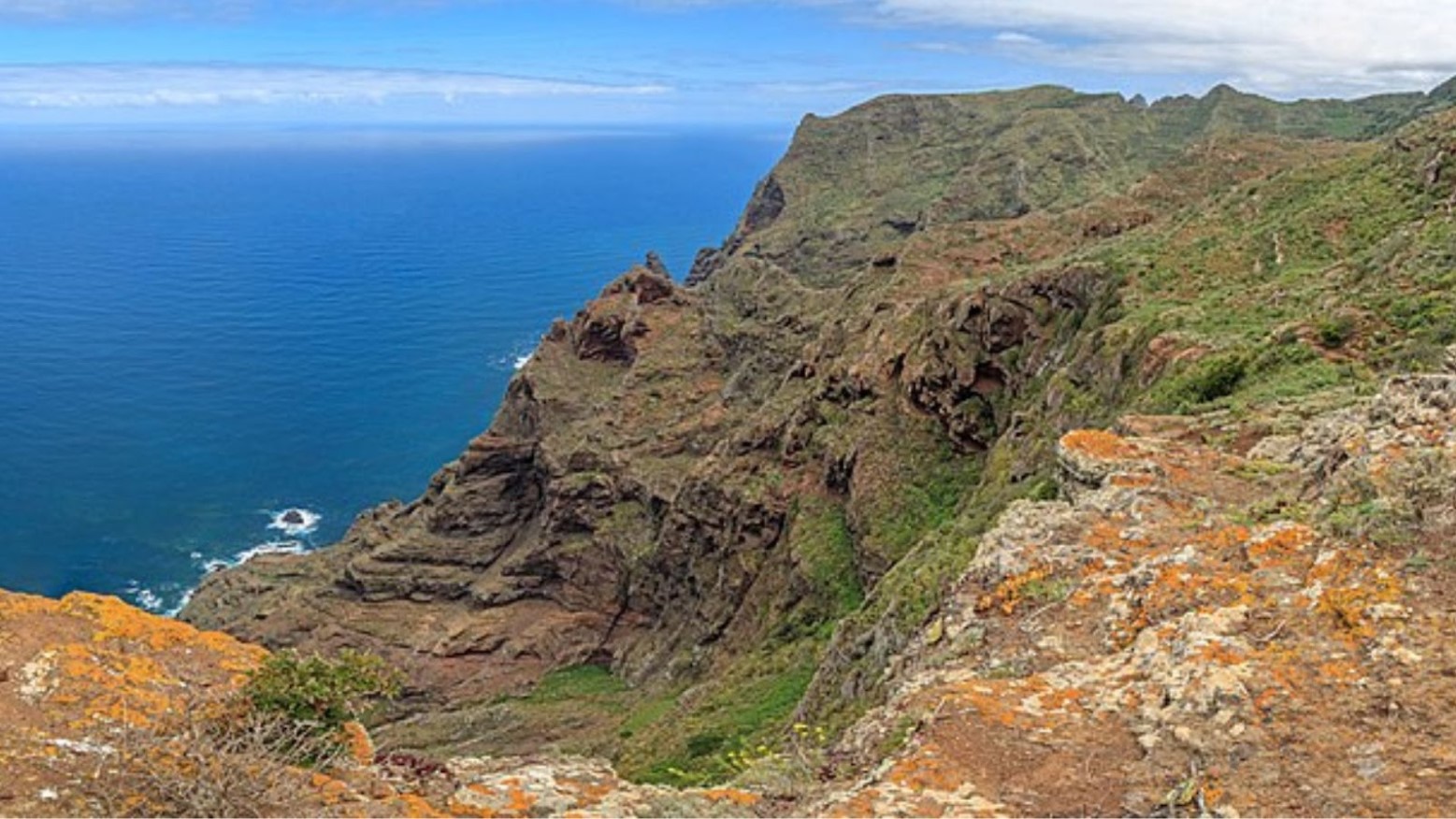
So far in their research, the team has collected samples from the island and will start analyzing them very soon. This will help them determine the age of the volcanic rocks and the time when the islands began to sink.
However, the team plans on returning to the island in 2025 to examine it in more detail. They would like to gather more information in hopes of determining whether this is the lost island of Atlantis or not.
Is the Island of Atlantis Real?

There is much debate about whether the island of Atlantis exists or not. Some believe that Plato was inspired by islands and historical events that genuinely existed, whereas others believe it is purely fiction.
Regarding historical events, they believe Plato could have been inspired by the Minoan volcanic eruption in 1,600 BCE, the Sea Peoples invasion in 1,200 BCE or the Trojan War. Regardless of whether it is real or not, the island off the coast of Spain is still an interesting discovery.
